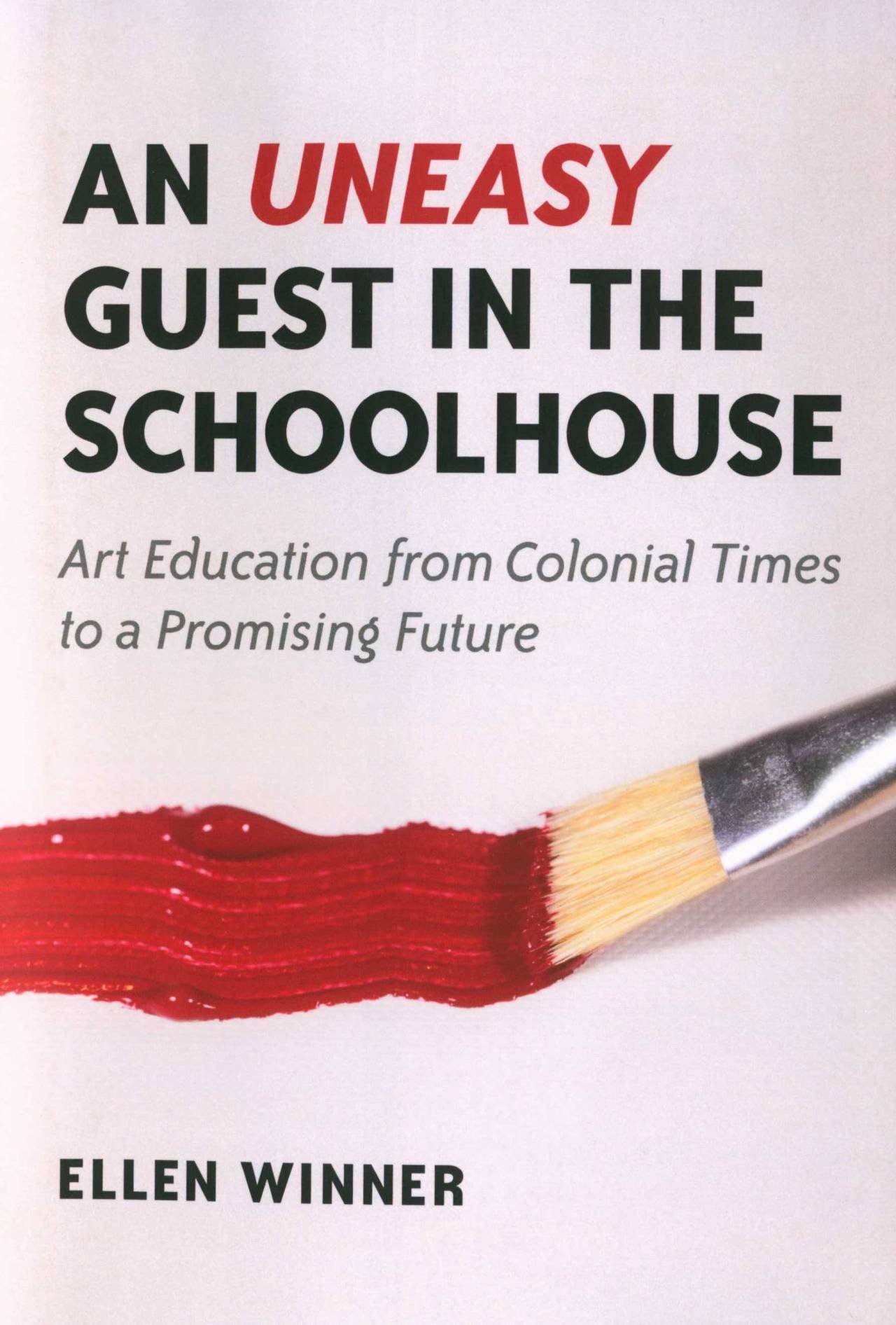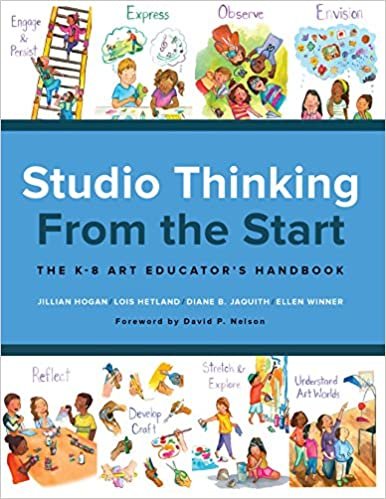Episode 181: Ellen Winner
The Psychology of the Arts
We don't really question the importance of studying mathematics, or the importance of studying science. We don't even question the importance of athletics! But when it comes to the arts, people don't really understand their significance. They think of them as frills, as fun and pretty, but they don't understand their deep significance for humans.
Ellen Winner's research focuses on cognition in the arts in typical and gifted children. She studies the impact of arts education on the development of thinking dispositions or habits of mind such as reflection, exploration, and observation; and experimental aesthetics. She is a Professor Emerita of Psychology at Boston College and also a senior researcher at Project Zero, which is part of the Graduate School of Education at Harvard University.
Ellen is the author of more than 100 articles and four books, including “An Uneasy Guest in the Schoolhouse: Art Education from Colonial Times to a Promising Future,” “Invented Worlds: The Psychology of the Arts,” and “Studio Thinking: The Real Benefits of Visual Arts Education.”
Greg and Ellen chat about the history of art education, why sports gets a pass in terms of what is valuable in our education systems, the struggle to define “art” and studying memoirs & empathy.
Episode Quotes:
Great works of art improve our well-being
“If you think about the greatest works of art in any domain, whether it's music, literature, painting, these works tend to elicit negative emotions in us. They're tragic. So why do we want to keep going back to them? Why do we want to experience these negative emotions? And one of the answers to this is that when people are looking at art that elicits negative emotions; they also feel positive emotions because, a.) For the beauty of the work and b.) They make meaning from it. And it's the meaningfulness of it that gives you a positive feeling. And so, when you're feeling very moved, you always have a mixture of negative and positive emotions. And so, I think that great works of art do improve our well-meaning because they get us to think, they get us to reflect, and they get us to grow.”
Blindspot about arts
“People don't really understand the arts. They think of them as frills, fun, and pretty, but they don't understand their deep significance for humans. And I think that's why psychology has marginalized the arts.”
Cognitive empathy
“Cognitive empathy usually means just understanding the other person's situation. You can be very good at understanding somebody else's perspective, but not care at all about their suffering. You can be kind of Machiavellian about it. You know what the person is feeling, but you don't wanna make them better.”
Show Links:
Recommended Resources:
Guest Profile:
Faculty Profile at Boston College
Professional Profile at Project Zero
Professional Profile at Edge.org
Her Work:
An Uneasy Guest in the Schoolhouse: Art Education from Colonial Times to a Promising Future
Studio Thinking 3: The Real Benefits of Visual Arts Education
Studio Thinking from the Start: The K–8 Art Educator’s Handbook
Educational Research and Innovation Art for Art's Sake?: The Impact of Arts Education
Studio Thinking 2: The Real Benefits of Visual Arts Education










